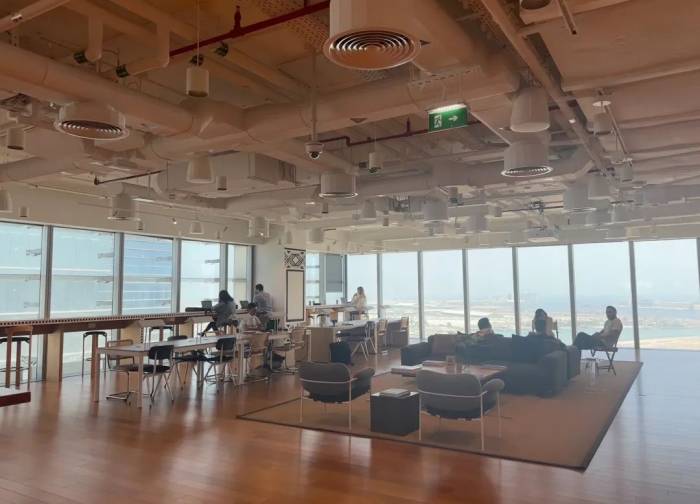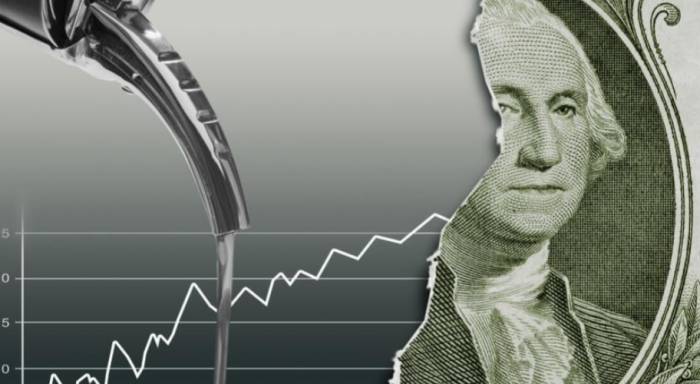On a recent Wednesday, European Central Bank (ECB) President Christine Lagarde delivered some pivotal remarks concerning the ongoing battle against inflation in the Eurozone. Though she conveyed a sense of nearing completion in their monetary mission, she equally indicated that ultimate victory had not yet been achieved. Lagarde made these statements during a parliamentary hearing in the European Union, framing the discussions within the context of the ECB's rate decision silence period, which precedes their next scheduled meeting.
Lagarde emphasized, "We are nearing the end of our struggle with inflation, but the task is not yet complete. While progress has been made, there remains work to be done." Her comments reflect an emerging sentiment geared towards future considerations in monetary policy, highlighting that the bank must focus more on the forthcoming horizon compared to previous years.
The backdrop for Lagarde's statements lies in the current economic climate characterized by inflation approaching the ECB's 2% target, juxtaposed with subdued economic growth prospects. Amidst this landscape, there has been speculation among investors regarding larger interest rate cuts, despite the general market expectation of a 25 basis point reduction next week. This impending cut would mark the ECB's fourth decrease since June of the current year, underscoring a crucial and ongoing shift in monetary policy direction.
However, the ECB is facing internal divisions regarding the approach to interest rate cuts. Dovish officials advocate for rapid reductions, possibly even lowering the rates to levels that could stimulate economic growth, thereby ensuring the inflation targets are met. In contrast, hawkish colleagues warn against too hasty or excessive cuts, citing ongoing potential risks that could derail the progress being made.
Lagarde addressed some short-term economic risks, cautioning that the economy might maintain its fragility in the nearer future. The current risk factors she identified include a slowdown in the service industry’s growth, persistent shrinkage in manufacturing, as well as geopolitical tensions and international trade threats. For instance, even though the overall inflation rate has risen to 2.3%, nearing the target, service sector inflation remains stubbornly high, with only a slight decrease to 3.9% recorded in November. Additionally, political unrest in key nations such as France and Germany, along with potential tariff issues, could disrupt market confidence and impact Europe’s export landscape.
Lagarde stated, "Survey data suggests that economic growth will be weak in the short term."
Nonetheless, despite the immediate challenges facing the Eurozone, Lagarde showcased a cautiously optimistic outlook on the long-term economic recovery prospects in the region. She projected that consumers' spending would rebound as real incomes rise, leading to an anticipated resurgence in investment activities. Lagarde noted that, as the effects of previous monetary policy tightening begin to wane, economic recovery within the Eurozone should gain momentum.
Expressing her outlook, she mentioned, "In the long run, we expect the Eurozone's economic recovery to begin accelerating. Consumer spending is projected to rebound alongside real income growth, and investment is likely to recover as the impact of past monetary policy tightening diminishes."
Reaffirming her recent stance on monetary policy, Lagarde pointed out, "We are on the path to inflation reduction. While we recognize that the trend of monetary policy is downward, the pace of this descent is not predetermined." She indicated that moving forward, the ECB would not solely rely on recent data to frame their policies but would also increasingly incorporate forward-looking factors, such as quarterly economic forecasts, into their decision-making processes.
In a further elaboration, Lagarde indicated a likely temporary increase in inflation during the current quarter, primarily stemming from the dramatic drop in energy prices last year, which is excluded from annual inflation rate calculations. Nevertheless, she projected that after navigating this period of volatility, inflation levels were expected to gradually revert to targeted levels by next year.
Several other ECB officials weighed in on Wednesday morning. Olli Rehn, a member of the ECB Executive Board, expressed intentions to continue the rate cuts over the coming months. Additionally, Boris Vujcic, the Governor of the Croatian National Bank, articulated a gradual approach to policy adjustments, stating, "When the road is slippery, we take small steps, which is exactly what we are currently doing." This cautious approach underscores the ECB's careful calibration in response to the evolving economic landscape.
In stark contrast to the speculative hype surrounding potentially larger interest rate cuts, Gabriel Makhlouf, the Governor of the Central Bank of Ireland, reiterated that the ECB should refrain from more significant cuts on December 12. He articulated, "I need to see very significant evidence to consider a rate cut beyond 25 basis points; I tend towards acting with caution and prudence." This sentiment reinforces the notion that, despite pressures from financial markets, the ECB is committed to a measured and analytics-driven approach in navigating the economic challenges ahead.






























Join the Discussion